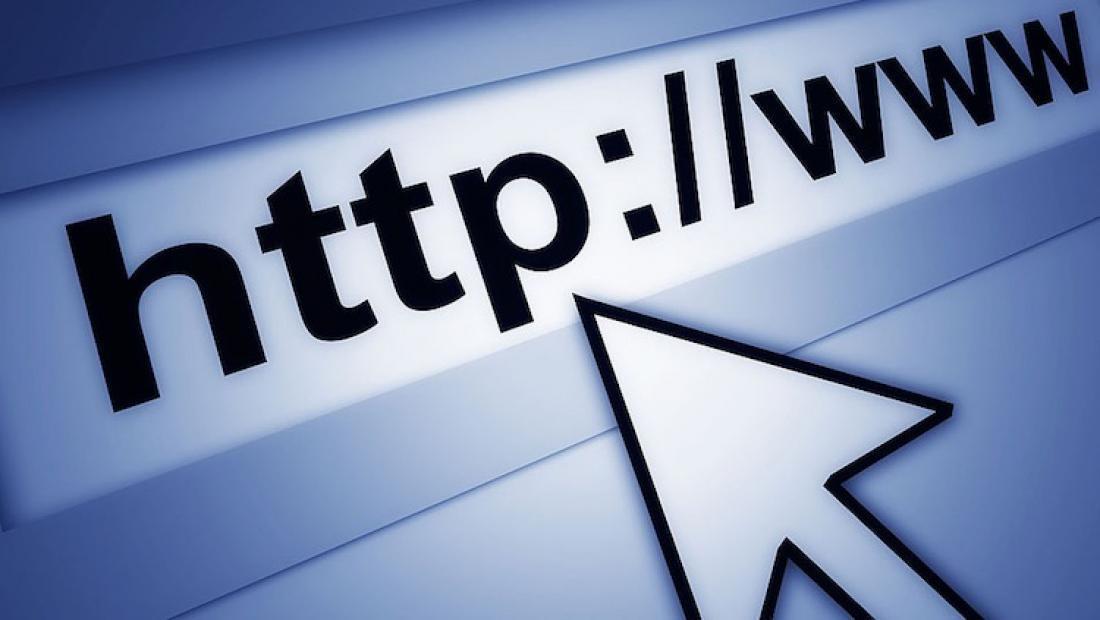Mozilla, Others: FCC Net Neutrality Reg Rollback Broke Law

The smarter way to stay on top of the multichannel video marketplace. Sign up below.
You are now subscribed
Your newsletter sign-up was successful
Public Knowledge, Mozilla, the Benton Foundation, INCOMPAS and others challenging the FCC's Restoring Internet Freedom order say that was not just bad policy but illegal.
Related: Pai Says Net Neutrality Doom and Gloom Predictions Were Baseless
That is coming in a brief with the U.S. Court of Appeals for the D.C. Circuit, which is hearing their challenge to the network neutrality reg rollback--the deadline for initial briefs from non-government parties is Aug. 20. The brief has yet to be made public, but Public Knowledge outlined the highlights.
That group and the others have long argued the FCC was making bad policy decisions when the Republican majority last fall voted to repeal the rules against blocking, throttling and paid prioritization and the title II common carrier regime that underpinned them.
Related: Court Sets Net Neutrality Briefing Schedule
But they also say that decision, under chair Ajit Pai, "broke the law," which is why the court must reverse it and restore the regulations.
Their argument is that the FCC decided the agency lacked all jurisdiction over the internet, a radical move that defined the statute, they say. Also in the "illegal" category, they argue was what they said was the FCC's "cherrypicking" of investment evidence to justify their predetermined outcome of reversing the Title II classification.
The smarter way to stay on top of the multichannel video marketplace. Sign up below.
The FCC majority said one reason for the reversal was that Title II had discouraged investment, including in broadband buildouts to rural and unserved areas. Public Knowledge et al. argue that the FCC ignored evidence to the contrary in conducting a cost-benefit analysis that only benefited their "ideological preference."
“If the current policy stands, consumers can expect higher bills and fewer online choices, with fewer expressive and creative outlets, they told the court. "Ultimately, the internet will look more and more like the overpriced cable TV bundles of decades past."
Ajit Pai told legislators last week in an FCC oversight hearing that such predictions were "chicken little" fear mongering that had not materialized. Some Senate Dems suggested that was because ISPs were laying low until the court case was settled before flexing their newfound blocking and throttling and degrading muscles.
ISPs say that is not going to happen, and that if any of it does and is anticompetitive, the Federal Trade Commission and Justice Department can prevent that through investigations and lawsuits.
Contributing editor John Eggerton has been an editor and/or writer on media regulation, legislation and policy for over four decades, including covering the FCC, FTC, Congress, the major media trade associations, and the federal courts. In addition to Multichannel News and Broadcasting + Cable, his work has appeared in Radio World, TV Technology, TV Fax, This Week in Consumer Electronics, Variety and the Encyclopedia Britannica.

